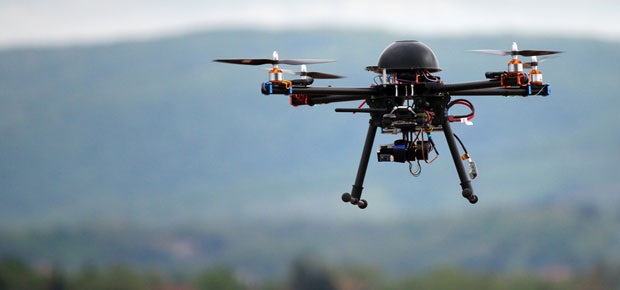Liberalization of UAV Export Policy
The Directorate General of Foreign Trade (DGFT) has recently implemented significant changes to the policy governing the export of Drones/UAVs from India. With the aim of promoting the export of high-tech items for civilian end uses, the DGFT has simplified and liberalized the regulations surrounding drone exports.
Simplifying Export Policies
Previously, drones fell under the restrictive Category 5B of the SCOMET list, which regulates items with dual-use potential in both civilian and military applications. Exporters were required to obtain a SCOMET license, which posed challenges, especially for drones with limited capabilities meant solely for civilian use.
Introducing General Authorization for Export of Drones (GAED)
To address these challenges, the DGFT introduced the General Authorization for Export of Drones (GAED). Drones meeting specific criteria are now eligible for this authorization, simplifying the export process. The criteria include a range equal to or less than 25 km, a payload of not more than 25 kgs (excluding software and technology), and a clear purpose for civilian end-use.
Benefits for the Drone Industry
The policy change is expected to bring significant benefits to the drone industry in India. By eliminating the need for SCOMET licenses for each export shipment, compliance requirements are reduced, streamlining the process for exporters. This change aims to position India as a global manufacturing hub for drones, fostering innovation and economic growth within the industry.
Validity and Procedural Details
The GAED authorization grants a one-time general license valid for 3 years. This means that drone manufacturers and exporters with GAED authorization no longer need to apply for a SCOMET license for each export shipment within the 3-year validity period. Detailed procedures and guidelines for GAED can be found on the DGFT website, specifically in the DGFT Public Notice No.19.
Month: Current Affairs - June, 2023
Category: India Nation & States Current Affairs


